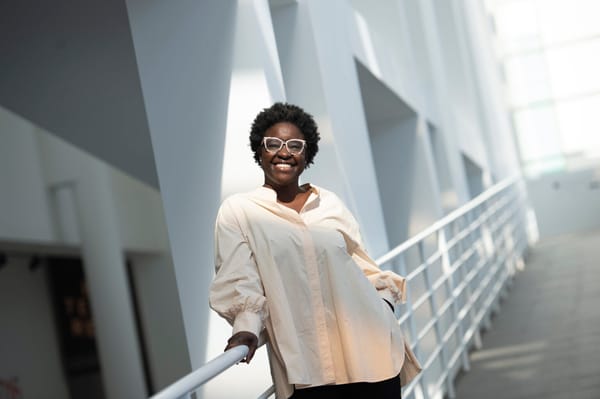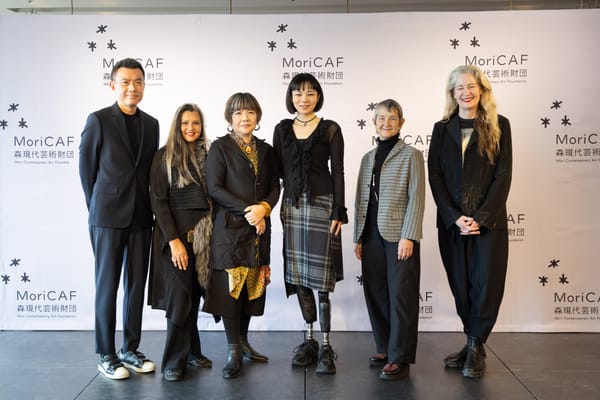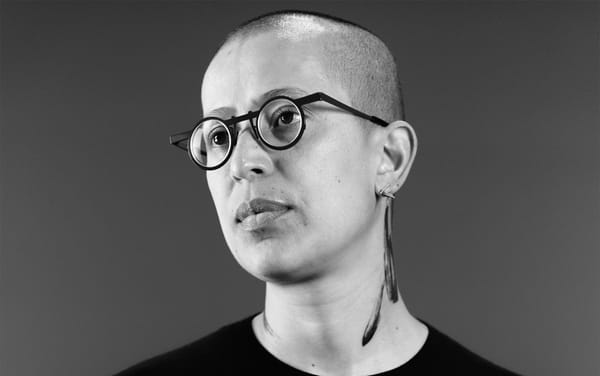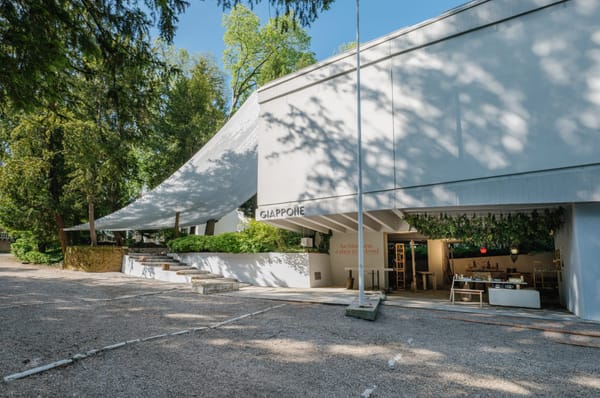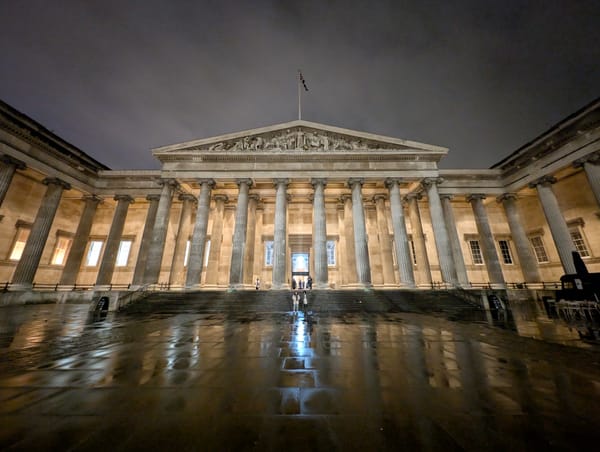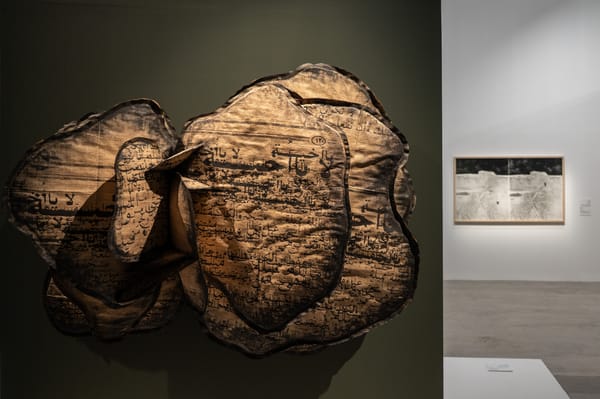News
Berlin Nixes Antisemitism Clause
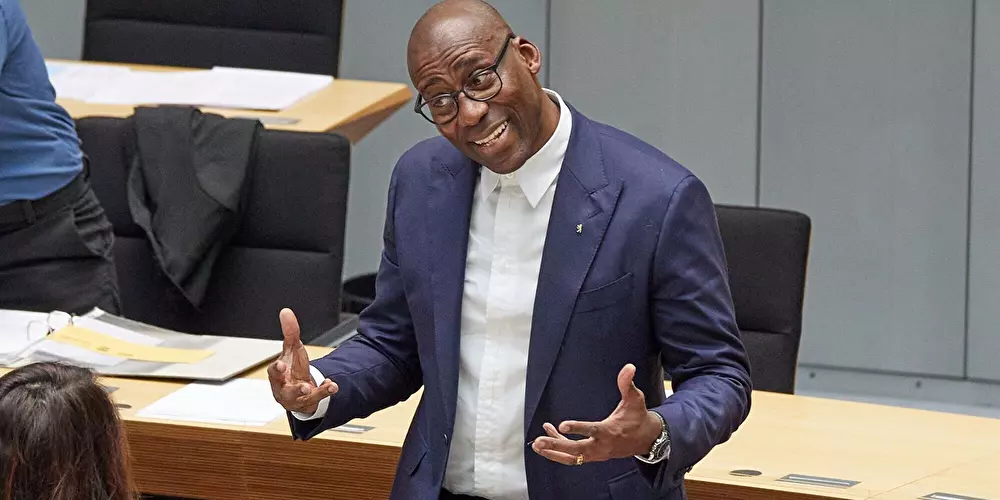

After facing widespread criticism and an international boycott led by the artists coalition Strike Germany, Joe Chialo, the senator for cultural and social cohesion in Berlin, retracted the city’s plan to institute a mandatory antidiscrimination clause for artists seeking state funding over “legal concerns.”
“The [clause] in this form is not legally secure,” Chialo proclaimed on January 22. “It will no longer apply in grant notices from now on . . . I have to take seriously the legal and critical voices that saw the introduced clause as a restriction on the freedom of art.”
Chialo initially stated that the policy would ensure “public money does not promote . . . exclusionary expressions,” including “any form of antisemitism in accordance with the antisemitism definition of the International Holocaust Remembrance Alliance (IHRA).” But less than a month after he proposed the fiscal stipulation, Berlin has experienced major repercussions in public opinion.
As of January 25, an open letter protesting the clause has reached nearly 6,000 signatories, obtaining viral status in the global arts and cultural sphere. Decrying “the political instrumentalization of antisemitism clauses,” the letter alleged that “no one will be protected by this [policy], but many will be put at risk,” referencing the thousands of artists who have voiced solidarity with Palestine amid the regional carnage and their right to Kunstfreiheit (“artistic freedom” in Germany).
Both the open letter and online initiative Strike Germany, a three-pronged boycott of “McCarthyist policies,” specifically raised concerns about Berlin’s attempt to institutionalize the IHRA’s far-reaching definition of antisemitism, which vaguely characterizes all anti-Israeli sentiment as “denying the Jewish people their right to self-determination.” Instead, arts and cultural workers have urged Germany to recognize the Jerusalem Declaration on Antisemitism, which proposes a more liberal and nuanced understanding on how to combat modern-day bigotry.
But despite revoking the controversial clause, Chialo remains committed to instituting the IHRA definition, which he deemed “the basis” for grant recipients “to commit [themselves] against antisemitism.”
Beyond a slew of cancelled exhibitions by pro-Palestinian artists—including Jewish-South African artist Candice Breitz and numerous others of Palestinian, Arab, and Muslim heritage—Berlin’s sudden proposal and subsequent annulment of the contested policy has revealed just how divided arts and cultural workers are from institutions that seek to represent them.
Anna Lentchner is assistant editor at ArtAsiaPacific.
